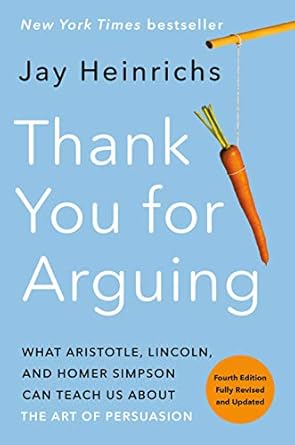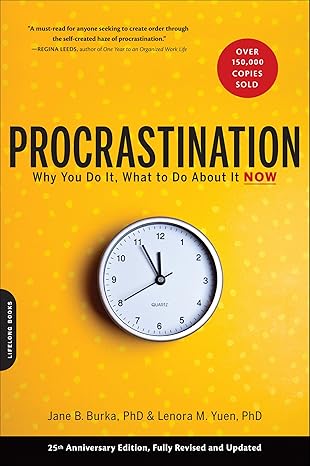
A Theory of Human Motivation
First published in 1943, ‘A Theory of Human Motivation’ is an article by Abraham H. Maslow, an American psychologist, in which he first introduced his hierarchy of needs, a theory of psychological health predicated on fulfilling inherent human needs in preference, pinnacling in self-actualization. Maslow expanded the idea to include his observations of humans' inherent curiosity. His theories parallel many other theories of human developmental psychology, some of which concentrate on describing the stages of growth in humans. Maslow explained various needs and used the terms Physiological, Safety, Belongingness, Love, Esteem, Self-Actualization, and Self-Transcendence to define the pattern that human motivations generally move through. Maslow studied what he called ideal people such as Albert Einstein, Jane Addams, Eleanor Roosevelt, and Frederick Douglass rather than mentally sick or unstable people. "Motivation theory is not synonymous with behavior theory. The motivations are only one class of determinants of behavior. While behavior is almost always motivated, it is also almost always biologically, culturally and situationally determined as well." — Abraham H. Maslow (A Theory of Human Motivation)
BEST DEALS
About the Author
American psychologist Abraham Harold Maslow developed the theory of a hierarchy of needs and contended that satisfying basic physiological needs afterward motivates people to attain affection, then esteem, and finally self-actualization.
The first of seven children to Russian immigrant Jewish parents, he received his Bachelor of Arts in 1930, his Magister Artium in 1931 and his Philosophiae Doctor in 1934 in psychology from the University of Wisconsin-Madison. Maslow taught full time at Brooklyn college, then at Brandeis, where he was named chair of psychology in 1951. People know humanist-based Maslow, for proposing for an individual to meet to achieve ably. Maslow analyzed and found reality-centered achievers.
Among many books of Maslow, Religion, Values, and Peak-Experiences , not a free-thought treatise, neither limited "peak experiences" to the religious nor necessarily ascribe such phenomena to supernaturalism. In the introduction to the book, Maslow warned that perhaps "not only selfish but also evil" mystics single-mindedly pursue personal salvation, often at the expense of other persons. The American humanist association named Maslow humanist of the year in 1967.
Later in life, questions, such as, "Why don't more people self-actualize if their basic needs are met? How can we humanistically understand the problem of evil?," concerned Maslow.
In the spring of 1961, Maslow and Tony Sutich founded the Journal of Humanistic Psychology with Miles Vich as editor until 1971. The journal printed its first issue in early 1961 and continues to publish academic papers.
Maslow attended the founding meeting of the association for humanistic psychology in 1963 and declined nomination as its president but argued that the new organization develop an intellectual movement without a leader; this development resulted in useful strategy during the early years of the field.
Maslow, an atheist, viewed religion.
While jogging, Maslow suffered a severe heart attack and died on June 8, 1970 at the age of 62 in Menlo Park, California.












